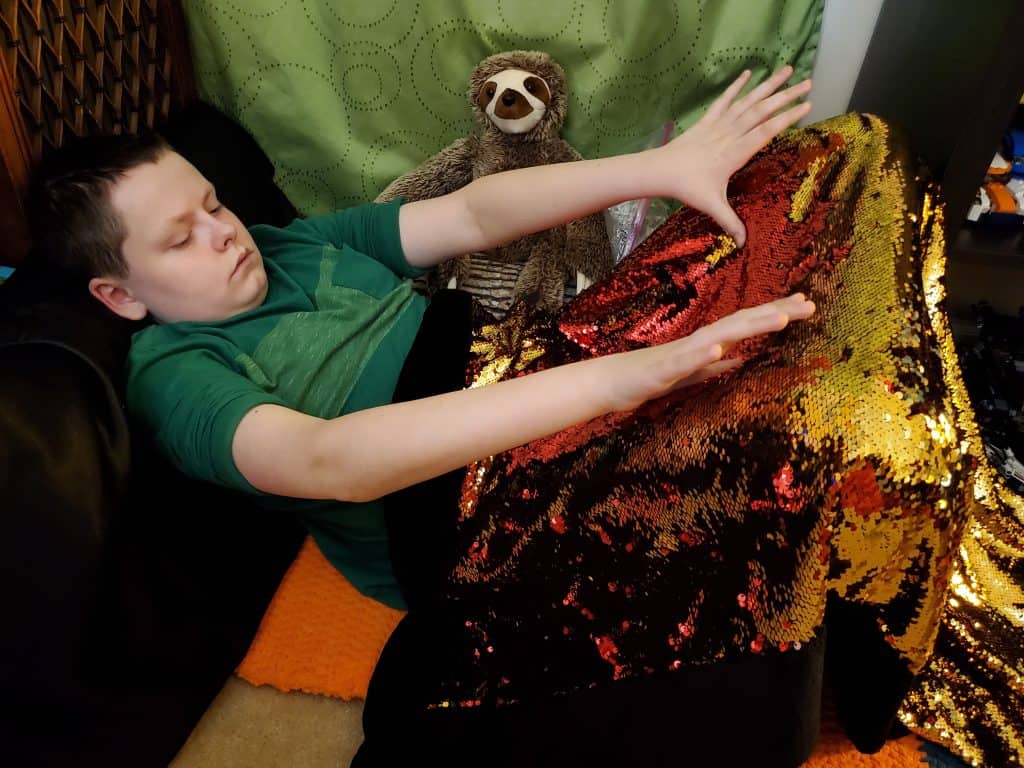

Education has been reshaped in 2020 because of the coronavirus pandemic, but one school has ensured its special education population does not go underserved.
The indefinite closure of schools due to social distancing has prompted educators at Young Adolescents Learning Experience (YALE) School to shift the way they reach kids with learning disabilities as they remain in their homes.
Patricia Bonnette, a seventh grade teacher at the school’s Medford Memorial Middle School campus, admitted the transition to remote learning was difficult because all classrooms had to be online, but students adjusted well to the new standard of learning. YALE used Google Classroom, an online classroom offered through Google’s G Suite, for many in-class assignments or activities.
“It certainly comes with challenges and I’m pleasantly surprised with how well the students adjusted,” Bonnette shared. “We had a very short amount of time to switch to this online learning format; to be able to get that up in a short amount of time was pretty amazing.”
Students like eighth grader Dylan Barnes of Lumberton have been on pace with their assignments or have completed so many, there are requests for additional work to fill the time.
Dylan’s mom Caly explained that her son can request feedback from teachers on his progress and completion of assignments.
Some students at YALE require in-classroom support aids for reasons related to either their medical conditions or comprehension of the task at hand. Aides, Bonnette added, have been connected virtually to students so they can meet state learning standards and requirements.
“Any student that has a one-on-one classroom aide, they have been provided with their aide’s phone numbers, emails to reach out to them by parents in the event they were needing to get in touch with those service providers,” Bonette noted. “That’s been the key component with this online learning, so that the parents feel supported and our students are receiving the support they need as well.”
Dylan has connected with his aide via a Zoom video chat to discuss his educational and personal well-being. One of the suggestions in Dylan’s video chat included the creation of a zen den for the eighth grader to seek comfort when he feels exhausted or stressed.
“We worked together, but most of the stuff was his idea,” Caly explained. “He knew the corner of his bedroom he wanted to put it in. He started stacking stuff up and he crawled in there and started playing with his fidgets.”
Dylan also fiddles with blueprints and floor plans and studies homes and buildings when in his zen den. But he doesn’t aspire to be an architect, his mother said with a laugh, but a history teacher.
“If he gets frustrated [in college], it will be easy to remind him, ‘Remember when in middle school you did remote learning? Caly questioned rhetorically. “‘You had no problem with it. You had people who could help you, but you didn’t necessarily have someone there to hold your hand through everything.’ Maybe that’s a positive takeaway?”
To recognize when they are overwhelmed, special ed students can show they are capable of more than what some may assume, Caly opined. Other parents, Caly clarified, hoped to also learn the capabilities of their children in settings such as independent learning.
Bonnette reinforced the notion of providing necessary support to students.
“It shows how independent they can be given the necessary tools and support,” she explained. “They are capable, you just need to make sure they have the support they need and they can be independent as we are.”
YALE teachers continue to devise ways to keep students engaged and to not lose their attention during classroom instruction.
“This is a scary time, but it’s also a time to reflect,” Bonnette noted. “It’s cool to be a part of something like this, to see what education has become for students in a short amount of time and see the way educators have been able to step up and provide education to students.
“It’s something that’s never been done before and it’s cool to be a part of that.”









